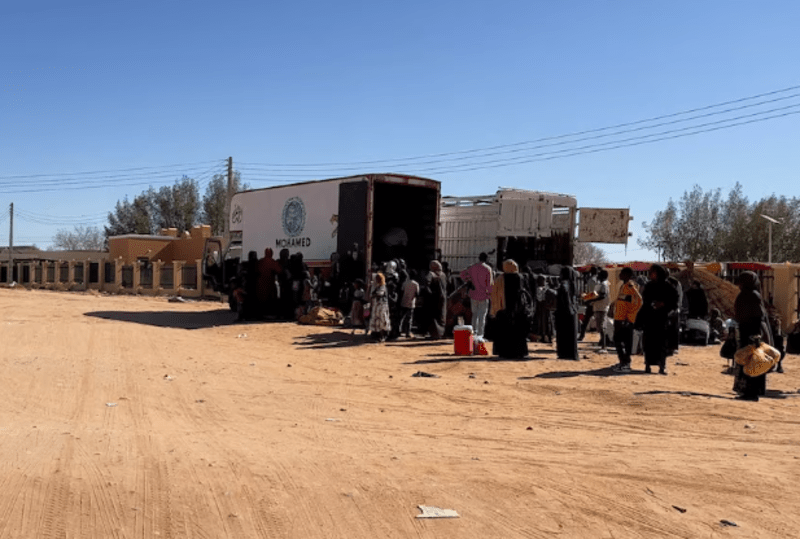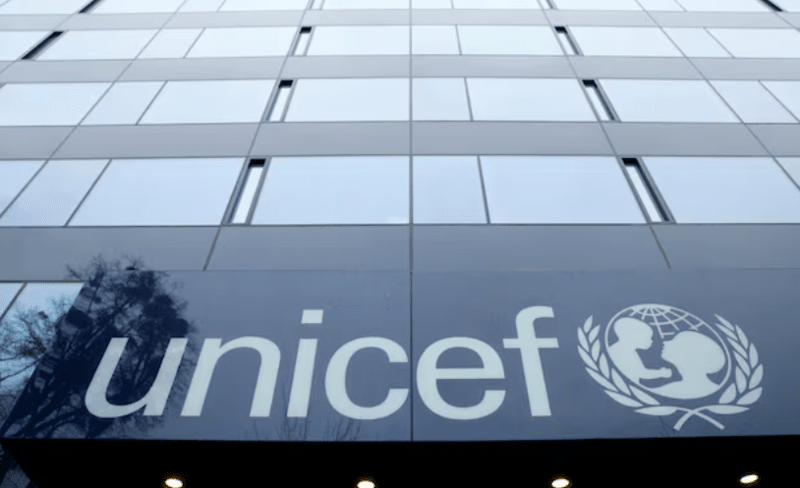Private businesses borrowed Sh477 billion in 2023

By Ibrahim Omar |
The total outstanding loans that banks have disbursed to the private sector grew from Sh3.43 trillion in December 2022 to Sh3.91 trillion in December 2023.
Private businesses borrowed Sh477.25 billion from commercial banks in 2023 signaling increased demand for loans during the year.
Data from the Central Bank of Kenya (CBK) shows that lending to the private sector by banks increased by 13.9 per cent last year.
Keep reading
As a result, the total outstanding loans that banks have disbursed to the private sector grew from Sh3.43 trillion in December 2022 to Sh3.91 trillion in December 2023.
“The number of loan applications and approvals remained resilient, reflecting sustained demand, particularly for working capital requirements,” said CBK in a statement on Tuesday.
There has been strong demand for loans by businesses which are seeking cash to manage their working capital expenditures as well as investing in development activities.
Kenya's micro, small and medium-sized enterprises (MSMEs) alone number about 7.4 million, according to the Kenya National Bureau of Statistics (KNBS).
These businesses employ an estimated 14.9 million Kenyans, making them a critical cog in the Kenyan economy.
Strong credit growth was observed in the following sectors: manufacturing (20.9 per cent), transport and communication (20.8 per cent), trade (13.1 per cent), and consumer durables (9.9 per cent).
Other top sectors where demand for loans was high were agriculture, finance and insurance, and trade.
“The banking sector remains stable and resilient, with strong liquidity and capital adequacy ratios,” said the CBK.
Improved loan repayments
At the same time, banks recorded improved loan repayments in December, helping to lower their loan defaults or non-performing loans (NPLs).
According to the CBK, the ratio of NPLs to gross loans issued by the banks stood at 14.8 per cent in December 2023 compared to 15.3 per cent in October 2023.
“Decreases in NPLs were noted in the energy and water, manufacturing, agriculture, building and construction and transport and communication sectors. Banks have continued to make adequate provisions for the NPLs,” the CBK said.
The increased borrowing by businesses comes at a time when many of these businesses are struggling to survive due to high operational costs driven by increased taxation.
Firms are also struggling to keep up with the rising cost of inputs such as raw materials, fuel, and electricity which has increased the cost of production.
Further, demand for goods has remained muted over the past year as biting inflation has significantly reduced the spending power of consumers, leaving many businesses reeling with unsold stocks.
On Tuesday, the CBK raised the central bank rate (BBR) by 50 basis points to 13 per cent up from 12.5 per cent. This will increase the cost of loans for borrowers and is therefore likely to reduce the amount of loans that businesses take over the next two months.



















